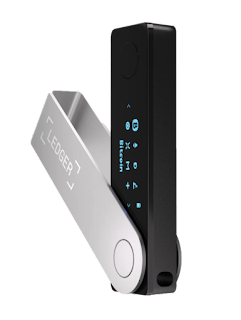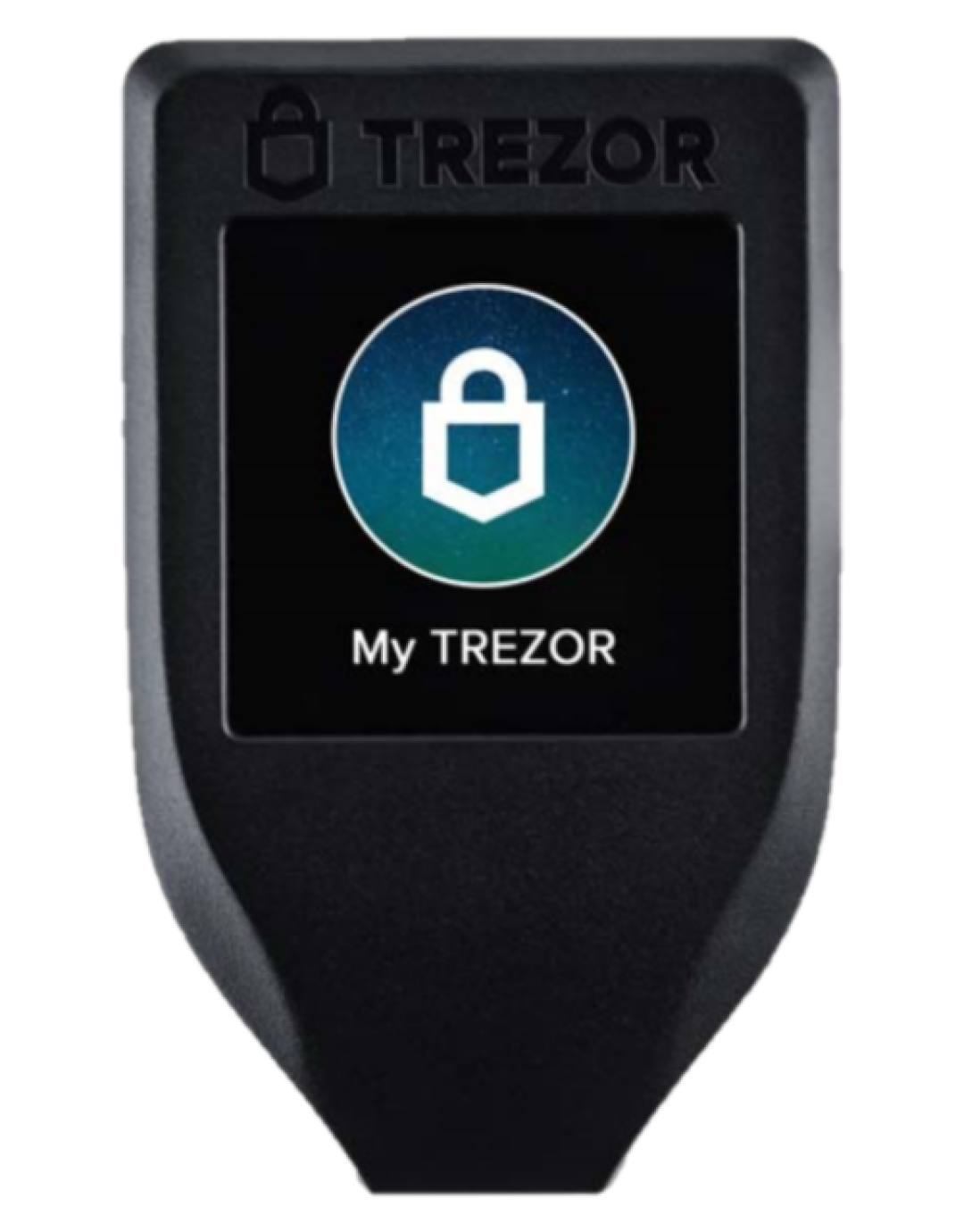 Ledger Nano X
Ledger Nano X
 Trezor Model T
Trezor Model T
Introduction
Welcome to our blog, where we provide educational content on cryptocurrencies and Bitcoin hardware wallets. In this post, we will be focusing on the basics of Bitcoin hardware wallets and why they are an essential tool for securely storing your digital assets.
What is a Bitcoin Hardware Wallet?
A Bitcoin hardware wallet is a physical device designed to securely store your private keys and protect your cryptocurrencies. Unlike software wallets, which are connected to the internet, hardware wallets keep your private keys offline, making them immune to online threats such as hacking and malware.
Why Use a Bitcoin Hardware Wallet?
There are several reasons why using a Bitcoin hardware wallet is highly recommended:
- Enhanced Security: Hardware wallets provide an extra layer of security by keeping your private keys offline. This significantly reduces the risk of your funds being compromised.
- User-Friendly: Most hardware wallets are designed with user-friendly interfaces, making them easy to set up and use, even for beginners.
- Backup and Recovery: Hardware wallets often come with backup and recovery options, allowing you to restore your wallet in case it gets lost or damaged.
- Compatibility: Bitcoin hardware wallets are compatible with various operating systems and can be used with multiple cryptocurrencies, providing you with flexibility in managing your digital assets.
How Does a Bitcoin Hardware Wallet Work?
Bitcoin hardware wallets work by generating and storing your private keys offline. When you want to make a transaction, you connect your hardware wallet to a computer or smartphone and authorize the transaction using the device's buttons or touchscreen. The signed transaction is then sent to the network, ensuring the security of your funds.
Choosing the Right Bitcoin Hardware Wallet
When selecting a Bitcoin hardware wallet, consider the following factors:
- Security Features: Look for wallets with strong encryption and additional security measures like PIN codes and passphrase protection.
- Supported Cryptocurrencies: Ensure that the hardware wallet supports the cryptocurrencies you intend to store.
- User Experience: Consider the ease of use, interface, and compatibility with your devices.
- Reputation and Reviews: Research the reputation and read reviews from other users to ensure the wallet is trustworthy.
Conclusion
Bitcoin hardware wallets offer a secure and user-friendly way to store your cryptocurrencies. By keeping your private keys offline, you can protect your funds from online threats and have peace of mind knowing that your digital assets are safe. When choosing a hardware wallet, consider the security features, supported cryptocurrencies, user experience, and reputation. With the right Bitcoin hardware wallet, you can confidently manage your digital assets and embrace the world of cryptocurrencies.
Comments
Post a Comment
Have a question? Just ask in comment box, we're always here to help you.